Muslim marriage and Islamic wedding customs are traditions and practices that relate to wedding ceremonies and marriage rituals prevailing within the Muslim world. Participants in these rites belong to communities of people who have Islam as their faith.
According to the teachings of the Quran, a married Muslim couple is equated with clothing. Within this context, both husband and wife act as each other’s protector and comforter, just the way how real garments “show and conceal” the body of human beings. Thus, they are meant “for one another”.
With regards to freedom of choice when marrying within their religion, Muslim men and women are given the right to choose who they want to marry. When marrying outside the religion, Muslim men may marry Christian or Jewish women but not other religions. However this is still debated to date that some Muslims do not consider marrying non Muslims as HOLLY. Muslim women, however, may not marry Christian or Jewish men, or men from any other religion. If they do, they are considered to have become non-believers.
In relation to women, men are encouraged to get married to religiously devoted women.
Same-sex Marriage is not allowed in Islam.
Polygamy in Islamic marriages
It is true that Islam permits polygamy, but on this point Muslim law is more elastic and more in harmony with the requirements of society than the other systems of law which do not permit polygamy in any case. Supposing there is a case in which a woman has young children, and falls chronically ill, becoming incapable of doing the household work. The husband has no means of employing a maid-servant for the purpose, not to speak of the natural requirements of conjugal life. Supposing also that the sick woman gives her consent to her husband to take a second wife, and that a woman is found who agrees to marry the individual in question. Western law would rather permit immorality than a legal marriage to bring happiness to this afflicted home.
What to look for in a man
According "Initiating and Upholding an Islamic Marriage," Hedaya Hartford states that there are many significant factors to consider prior to getting married. When looking for a potential spouse one should look for specific virtues- In a husband these are: Piety, A halal (lawful) income, sufficient to support his house-hold, basic Islamic knowledge, because Allah says in the Quran, "Protect yourself and your family from the fire" (Qur'an, 66:6)., contentment, ability to make mature judgments, ability to understand and think soundly, a forgiving nature, tolerance, an even temper, patience, generosity, responsibility, protectiveness, cooperation, being from a decent stable family, and good appearance and bodily cleanliness(Hartford 50).
What to look for in a woman
According "Initiating and Upholding an Islamic Marriage," Hedaya Hartford states the qualities you look for in a woman to make your wife and the mother of your children are: Piety, affectionate and easy going nature, ability to make mature judgments, ability to understand and think soundly, obedience, patience, contentment, being from a decent stable family, good appearance and bodily cleanliness (Hartford 52-53).
Dowries
At the wedding, a Muslim husband typically gives a gift, known as the Mahr or dower, to his wife. This type of dower, based on what was agreed upon by the couple, could be in the form of any item and “in any amount”. An example is a cantar or a “great amount” of gold. However, the man can also marry a woman based on the amount of knowledge he has about the Quran, even though he has no material possessions.
After the consummation of their marriage, it is customary for the male spouse to give a wedding reception, known as the Walima, to family members and friends. Such a reception serves as a celebration of the couple’s happiness.
In Islam, both husbands and wives are described to have equal duties and rights, although men are further described as having a “degree above” their wives. The Islamic rationale for this is that the husband is given authority within the household because he has received a heavier load of responsibilities, which include taking care of the woman who has become his wife, and that he also provides financial support to her. Wives are expected to be obedient to their husbands. On the other hand, men are expected to safeguard their women, because they were married to women with God’s trust. Yet, both man and woman, once married, are expected to act as responsible guardians. Married men are to act as guardians of their families. The women, in turn, become guardians of the home and their children.
Kwa hisani ya Wikipedia

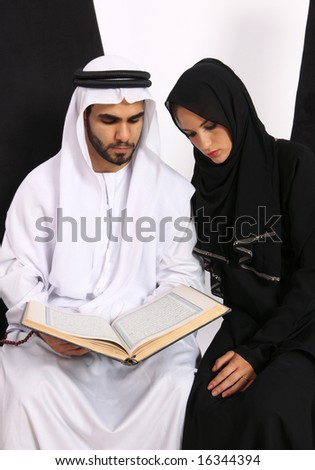
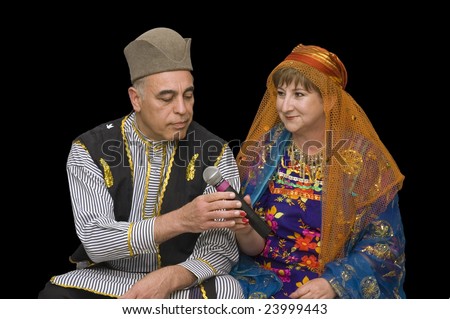
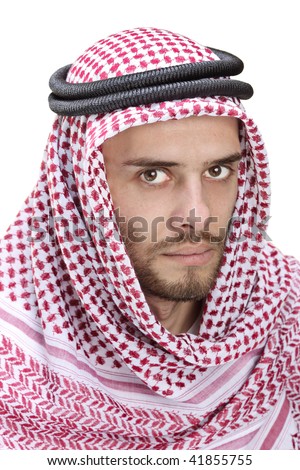
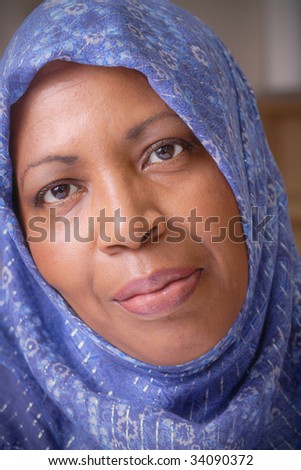

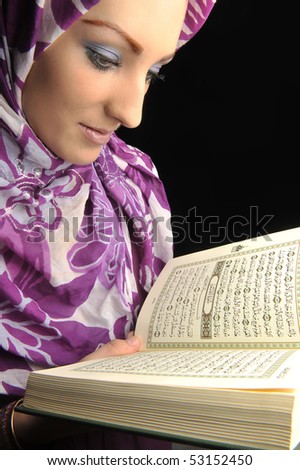
No comments:
Post a Comment